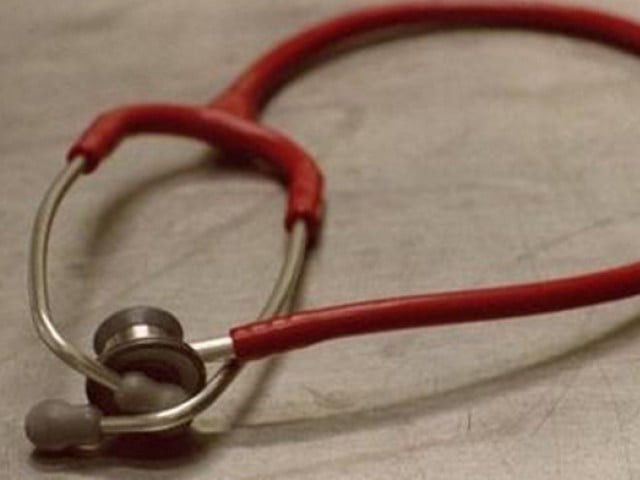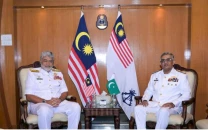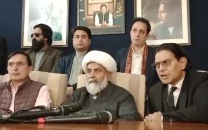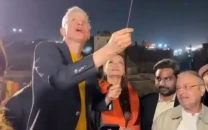Health insurance to be offered in all districts
Programme existing in 26 districts will be expanded during coming year

Introducing public health forecasting and supply chain strategy. PHOTO: FILE
The programme is already working in 26 districts and is expected to be functional in all 143 districts by March with a cost of Rs38 billion, officials hope.
The federal government launched the initiative on December 31, 2015 — inaugurated by former prime minister Nawaz Sharif in 26 districts — aimed at providing free medical treatment to about two million underprivileged families in its first phase. So far 41,000 families have received free treatment. By January, insurance cards will be distributed in 14 more districts, increasing the number of families benefiting from the scheme to about three million.
PM’s health project now covers 26 districts
The Central Development Working Party (CDWP) approved in October a project of Rs38 million to expand the programme to all districts and during its upcoming meeting the Executive Committee of the National Economic Council (ECNEC) is expected to take up the matter for final approval.
Officials are hopeful about its approval as the government wants to expand the programme to the rest of the country.
Earlier, Sindh and Khyber-Pakhtunkhwa refused to make financial contributions towards the programme, which prompted the federal government to pay the entire premium for the families enrolled in the two provinces. According to the initial plan, the provincial and federal governments were to divide the cost at a 60-40 ratio.
Spreading wings: Health insurance to be extended to other districts
Under the programme, patients receive inpatient healthcare services at hospitals registered to a panel. Currently most diseases are offered cover except for transplants of any kind. Initially, only chronic diseases were covered.
“This is a unique service that has been started to ensure that every citizen has access to better healthcare facilities whether they can afford them or not,” said Health DG Asad Hafeez.



















COMMENTS
Comments are moderated and generally will be posted if they are on-topic and not abusive.
For more information, please see our Comments FAQ